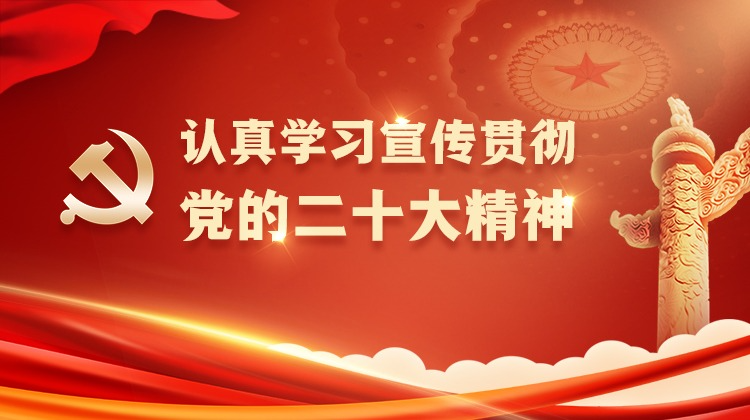
BEIJING, July 23 (Xinhua)-- The upcoming China-EU Summit presents a valuable opportunity to reflect on the experience and insights gained from 50 years of bilateral ties. It offers a platform to build consensus and chart a stable and healthy path forward that benefits both sides and the world.
The summit comes at a time when geopolitical tensions, protectionism and unilateralism are increasingly fragmenting global relations. Furthermore, China-EU relations are at a critical juncture, presenting opportunities for deepening pragmatic cooperation while also highlighting the need for strengthened strategic communication to address global challenges and effectively manage differences.
In this context, there is hope that the meeting will convey clear and positive messages to advance win-win cooperation based on mutual respect and openness. The summit aims to chart a course for the next 50 years of bilateral relations, safeguard free trade and multilateralism, and provide certainty and positive energy in a world facing mounting challenges.
The past half century has witnessed remarkable developments of China-EU cooperation. The bilateral trade volume of goods increased from 2.4 billion U.S. dollars in 1975 to 785.8 billion dollars in 2024. Two-way investment stock has grown from nearly zero to 260 billion dollars. China and the EU are each other's second-largest trading partners, with economic complementarity being a key feature of their cooperation.
China-EU cooperation serves as a prime example of mutually beneficial cooperation in the era of economic globalization, despite differences in history, culture, social systems and development stages.

Airbus illustrates this partnership well. Since entering the Chinese mainland market 40 years ago, the European aircraft manufacturer has seen its market share in China grow to more than 50 percent.
In 2003, China and the EU established a comprehensive strategic partnership. They have established over 70 consultation and dialogue mechanisms that cover various fields such as politics, economy and trade, humanities, science and technology, energy, and the environment. Additionally, the two sides have increased cooperation in the areas of digital and green transition.
Some valuable experience for comprehensive development includes the commitments to mutual respect, mutually beneficial cooperation, and free trade. These principles are the cornerstones of future China-EU ties, which is among the most influential relations worldwide.
Fruitful China-EU cooperation has contributed to the development and progress of both sides, delivering tangible benefits for nearly two billion people in China and the EU, and greatly promoted world peace and development.
However, in recent years, the bilateral relationship has faced difficulties and challenges, due to various frictions and differences on issues like trade. This has been particularly evident since the EU adopted a "partner-competitor-systemic rival" framework for characterizing bilateral relations in 2019. Some describe the EU's positioning of China as akin to having all traffic lights (green, yellow and red) on at the same time. This approach not only fails to direct traffic, but will inevitably cause disruption.
Chinese culture holds that complaining about others will not lead to self-improvement. Given the scale of bilateral trade and the growing competitiveness of some of China's industries, it is natural for some differences and frictions to arise. Solutions lie in dialogue and consultation.

The EU side has expressed concerns about its trade deficit with China. Yet, a thorough examination of the trade imbalance reveals that the situation is more complex than the deficit figure suggests. Three facts offer different perspectives. Firstly, the EU has long enjoyed a surplus in services trade with China. Secondly, it restricts the export of high-tech products to China. Thirdly, over one-third of exports from EU companies in China are sold to Europe, which means European companies get many of the benefits of the trade surplus.
There is no fundamental conflict of interests between China and the EU, but rather extensive common interests. Greater benefits will only come from partnership rather than rivalry. Bilateral cooperation was not -- and will never be -- a zero-sum game. To truly understand China-EU relations, it is important to hold a long-term, strategic and comprehensive perspective.
The world is currently experiencing significant turbulence and change. As China and the EU prepare for the next 50 years of cooperation, it is particularly important to reflect on and adhere to the original aspirations that guided the establishment of bilateral relations. This includes promoting values such as mutual benefit, solving problems through consultations, and opposing hegemony.
By learning from the past, the 25th China-EU Summit on Thursday should rise above differences and pool consensus to open up a new chapter of bilateral relations.







 新华报业网
新华报业网














 Android版
Android版
 iPhone版
iPhone版




